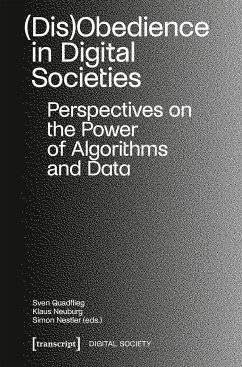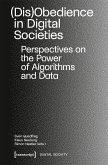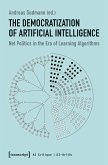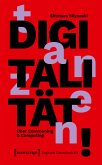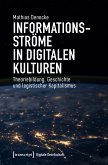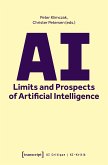Algorithms are not to be regarded as a technical structure but as a social phenomenon - they embed themselves, currently still very subtle, into our political and social system. Algorithms shape human behavior on various levels: they influence not only the aesthetic reception of the world but also the well-being and social interaction of their users. They act and intervene in a political and social context. As algorithms influence individual behavior in these social and political situations, their power should be the subject of critical discourse - or even lead to active disobedience and to the need for appropriate tools and methods which can be used to break the algorithmic power.

